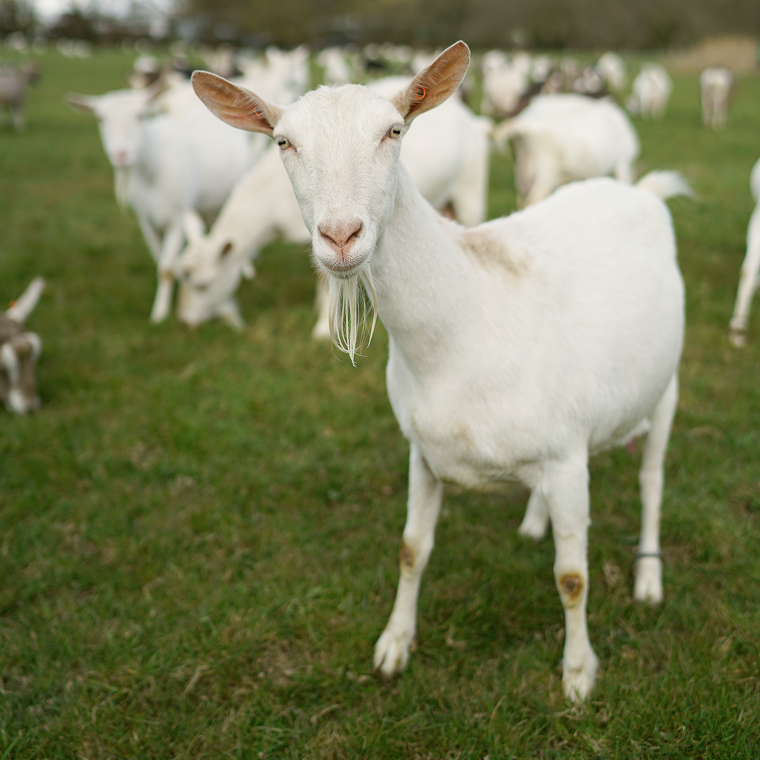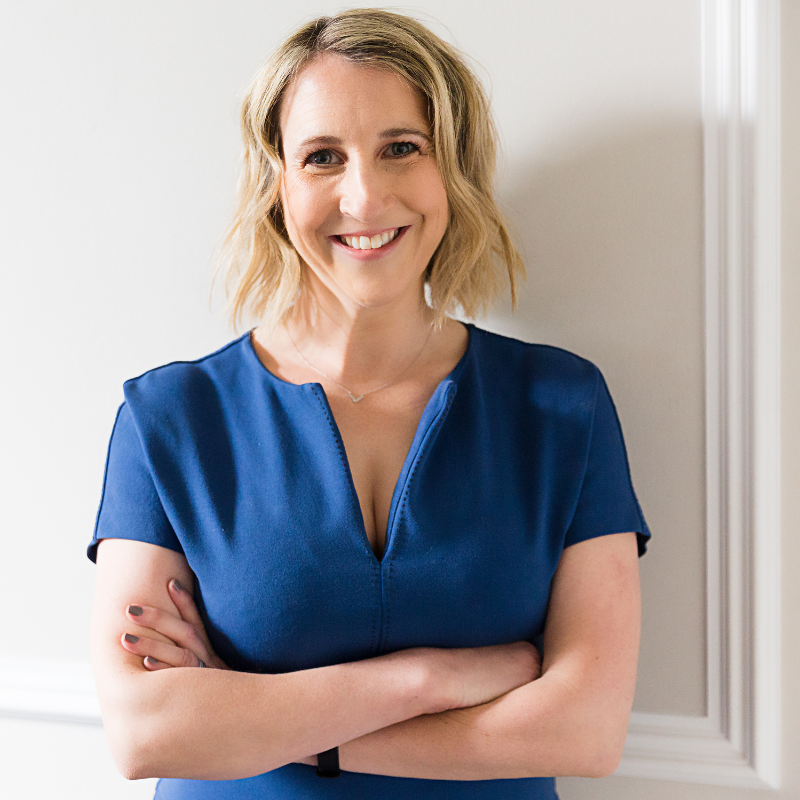
A loving, relaxing bedtime routine is important for babies, toddlers, children and us adults too! We all need to allow for unwinding at the end of the day and we all have our own rituals and habits that, when done every evening, helps set us up for sleep success.
By the time our little ones are 6 months old, a solid bedtime routine will be really important. There are a lot of conflicting views on what makes a good bedtime routine - is feeding your baby to sleep, bad? Is my baby too hot or too cold. Do I bathe them every night? So many different things can have an impact on a successful bedtime.
Whatever you do at bedtime, there are 3 key factors you might want to consider implementing into your little one’s routine:
1. Happy tummies make for a great night's sleep
From the age of 6 to 12 months old, babies will take on average 0-2 feeds per night. Ensuring your little one has a full and happy tummy at bedtime will ensure they are happy and comfortable to sleep well overnight. A feed before bed is a great way to reconnect with your little one, have a cuddle and help them unwind. I love Kendamil’s unique full cream recipe for happy tummies, especially when you combine this cosy feed with a Love To Dream sleep suit! Not only does Kendamil follow-on milk contain the highest quality ingredients on the market, it's also the kindest to the digestive system, making for a happy tummy all night!
2. Consistent sleep associations are important
Babies love pattern and predictability and there are some great healthy sleep associations that will play their part in signalling bedtime. My favourites are keywords (e.g “Sleepy time now”), a comforter and Love To Dream Sleeping Suit. Using these 3 helpful sleep associations together means your baby will come to recognise them as sleep cues.
3. Timing is everything
Whether you opt to feed your little one before or after their bath, keep timings and the order in which you do things the same each night. We want a calm, simple bedtime, avoid letting things get too late. Aiming for a sleep time of 6.30pm-7pm will mean your baby has the best chance of going to sleep rested and not overtired.
An example of a calming bedtime routine:
Short bath, Massage, Pyjamas, shutting the curtains and cuddling up with a Love To Dream Sleep Suit and bottle of Kendamil’s Follow On Milk.
Your baby is unique!
Every baby is unique and you always want to look at your individual baby and focus on what will work best for them. Implementing these calming, sleep inducing strategies will help you create a great bedtime routine!
Cara Treadwell is a baby sleep coach and founder of The Sleep Method. Her approach is gentle and totally bespoke to each little one she works with. Based in Hampshire, Cara works virtually with families all over the UK and beyond.
Find out more about Cara:
www.instagram.com/thesleepmethoduk
Important Notice: Breastfeeding is best. Kendamil Follow-on milk is only for babies over 6 months, and should be used as part of a mixed diet. Please talk to your Healthcare Professional.

















